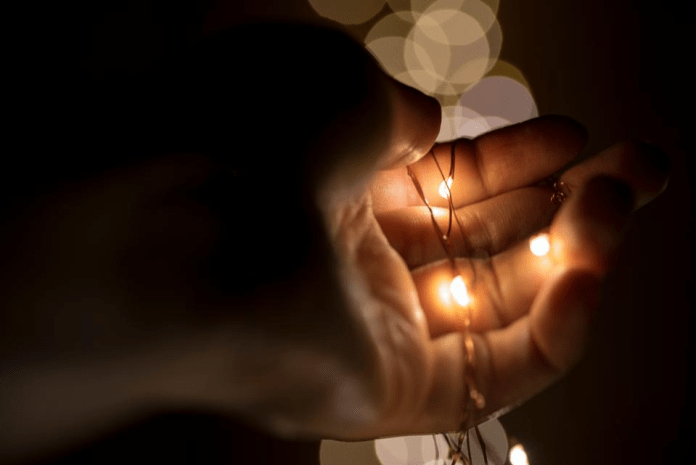As much as we know that the only sure thing in life is death, dealing with a loss of this magnitude is difficult. That’s why it’s important to know how to deal with grief. Anyway, to know how to deal with it, you need to understand how it works.
Grief is a set of feelings that happen after a very intense loss. It may be for death, but it does not apply only to this type of loss.
How do we feel grief?
The time of grief can be different for each person. This is due to the fact that many feelings are involved at this moment.
In brief, the most common feeling is sadness. It can be a deep sadness or a milder one. But it usually appears to express how you feel about that skin.
Stress also appears, as there are many feelings and emotions to manage at the same time. Depending on the cause of grief, you can deal with both external and internal problems.
The feeling of being in shock also plagues many people during grief. The feeling of loss can paralyze us at various times. As well as anxiety and fear, which can arise from the feeling of helplessness and the uncertainties of tomorrow.
Another feeling that can consume us during grief is guilt. It is very common, in various types of grief, for guilt to come. The feeling that we could have done it differently can come with force.
Anger also appears. The idea of losing someone or something important to us can cause a mix of emotions, including anger. It can be directed at others and even at yourself.
In addition to emotions, grief can also present itself in the form of physical symptoms, among the signs are:
- pains
- Insomnia
- Sweating
- Fatigue
- Palpitation
- Nausea
- Weight loss or weight gain
- drop in immunity
The stages of grief
You’ve probably heard about the stages of grief. In them, you go through that mix of feelings that we presented above. It can be linear or not. But acceptance is always the last phase.
- Denial: Denial is the most common stage of grief, the idea that that person is gone is unacceptable. It makes you in disbelief for a while.
- Anger: at this stage, it is very common for the person to show anger through self-destructive attitudes.
- Bargaining: At this stage, you try to negotiate ways to avoid experiencing this loss. It may be accompanied by a feeling of anxiety and guilt.
- Depression: This is perhaps the most intense stage of grief. Just like the others, it must be lived, but it is always recommended to seek psychological help to learn how to get out of it.
- Acceptance: At this stage, you can live peacefully with the loss.
How to deal with grief
Opinions on how to deal with grief differ. There are those who believe that it is unhealthy to surrender to the feeling and there are those who defend that it is necessary to live the phases in their entirety to obtain the necessary peace.
The first and main way to deal with grief is to understand yourself. Knowing which way is best for you is important. But you have to accept that this feeling exists. No matter how long it takes, or when it arrives, you’re going to end up grieving.
Repressing feelings is never advisable. So if you’re feeling it, let that feeling flow. Allow yourself to feel and live that feeling. But don’t let yourself get bogged down in them.
There are healthy ways to deal with loss. So first accept that grief is different for everyone. You may be feeling something very strong and others are not. And it’s okay. Don’t allow yourself to be isolated. Talk to other people, talk about your feelings.
Over time, look for a hobby that can make you feel better. May you control your anxiety and other feelings arising from grief.
Grief is not a disease, it’s just an emotional reaction of our body. So stay alive, but be aware if these feelings are directly influencing your life.
In cases where grief becomes more complicated and time-consuming, psychotherapy can help you deal with it. Respect your time, but always be aware of how your feelings are leaving your body and mind.
Some signs of complicated grief are:
- Searching for memories that make you feel the grief even more intensely
- Denial or rejection of the reality of loss
- Longing too intensely for what was lost
- Feeling of emptiness or that life is meaningless
Live in mourning, but know that your life remains there. Don’t repress your feelings, but understand that you can still live. Seek professional help when necessary.




















































